Kathleen Folbigg freed from jail after Attorney-General gives pardon, convictions remain
Kathleen Folbigg’s letters penned inside her jail cell reveal an insight into how she felt betrayed by the justice system.
Kathleen Folbigg has always said she never killed her children and spent years in her jail cell trying to prove her innocence.
NSW Attorney General Michael Daley on Monday revealed the mother of four was released after 20 years in jail for the murder of three of her children and the manslaughter of a fourth baby.
While her convictions remain upheld, Ms Folbigg has been given a pardon, meaning she will not have to serve the rest of her sentence in prison.
Ms Folbigg, 55, was found guilty in 2003 and was sentenced to serve 30 years behind bars.
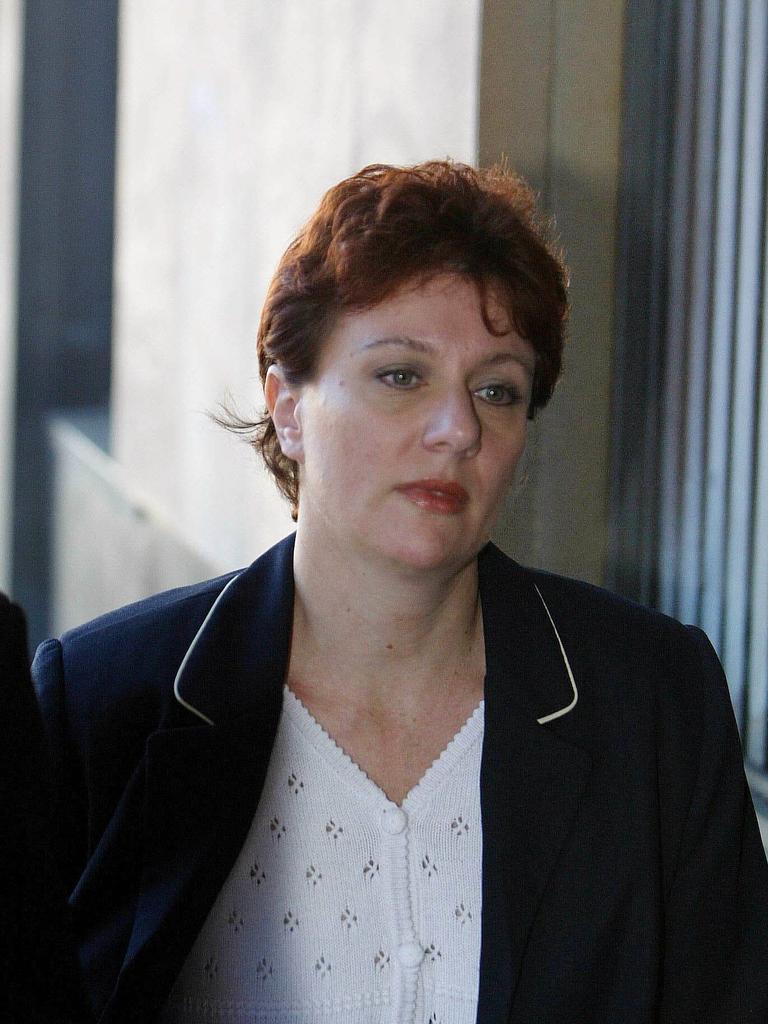
She was not eligible for parole until 2028 but it is understood she has been released from Grafton.
Former NSW chief justice Tom Bathurst KC was tasked with considering whether there was any reasonable doubt that Ms Folbigg killed her children between 1989 and 1999.
They were aged between 19 days old and 18 months old.
The inquiry heard evidence from experts in February about how at least two of her babies could have died of natural causes linked to a genetic mutation.
Ms Folbigg has always maintained she never harmed her children despite the prosecution in 2003 arguing she had smothered them to death.
The prison letters
While she sat in her prison cell, Ms Folbigg continued to fight for her freedom.
She was in constant contact with her childhood friend Tracy Chapman between 2003 to as recently as 2021.
Ms Folbigg mostly wrote about her own diary entries used by the prosecution to argue she had shown “admissions of guilt” through her writings.
The prosecution argued, which was accepted by the 2003 jury that convicted Ms Folbigg, that she had written about how she was responsible for the sudden deaths of her four children.
In one entry in her diary in 1997, Ms Folbigg wrote about her youngest daughter Laura who died aged 18 months.
“She’s a fairly good-natured baby, thank goodness; it will save her from the fate of her siblings. I think she was warned,” she wrote.
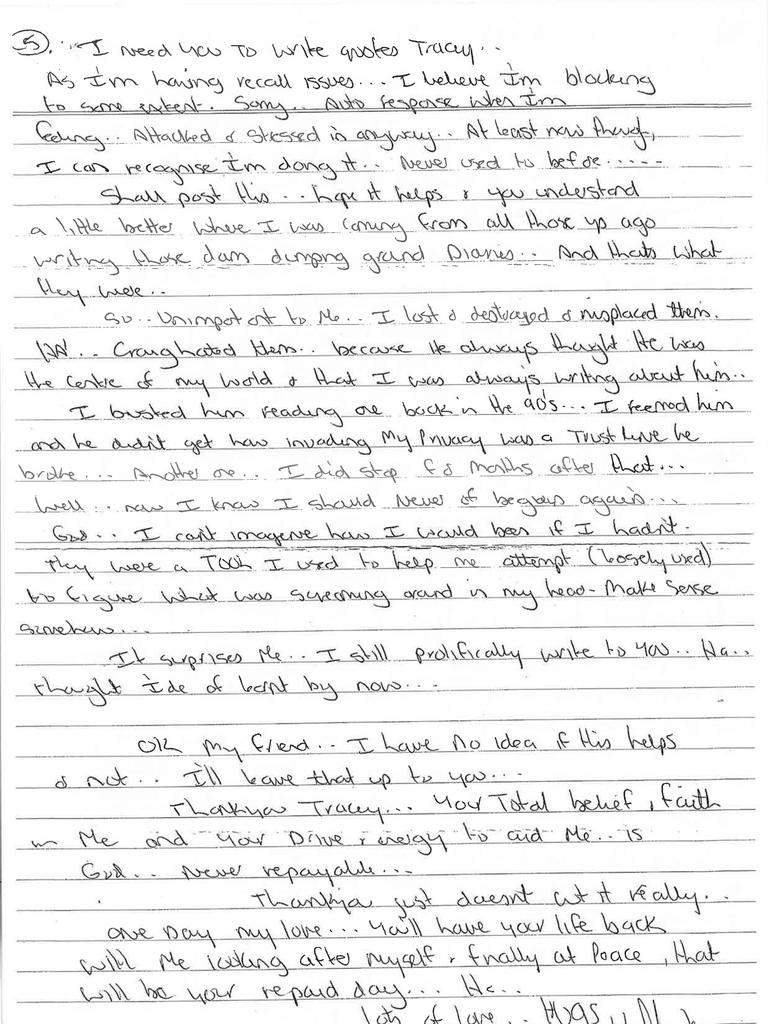
The letters to Ms Chapman were tendered to the inquiry in February and showed Ms Folbigg’s attempt to explain her diary entries to her close friend.
Ms Folbigg wrote that she admitted her diary entries “sound atrocious”.
“All I can say is that at the times in question I wasn’t in a good, positive frame of mind,” she wrote.
“They (diaries) were used to ‘dump’ every negative emotion, feeling, thought I’ve ever had.
“I didn’t use them like other people, to record all the joyous happenings etc. They were a release.”
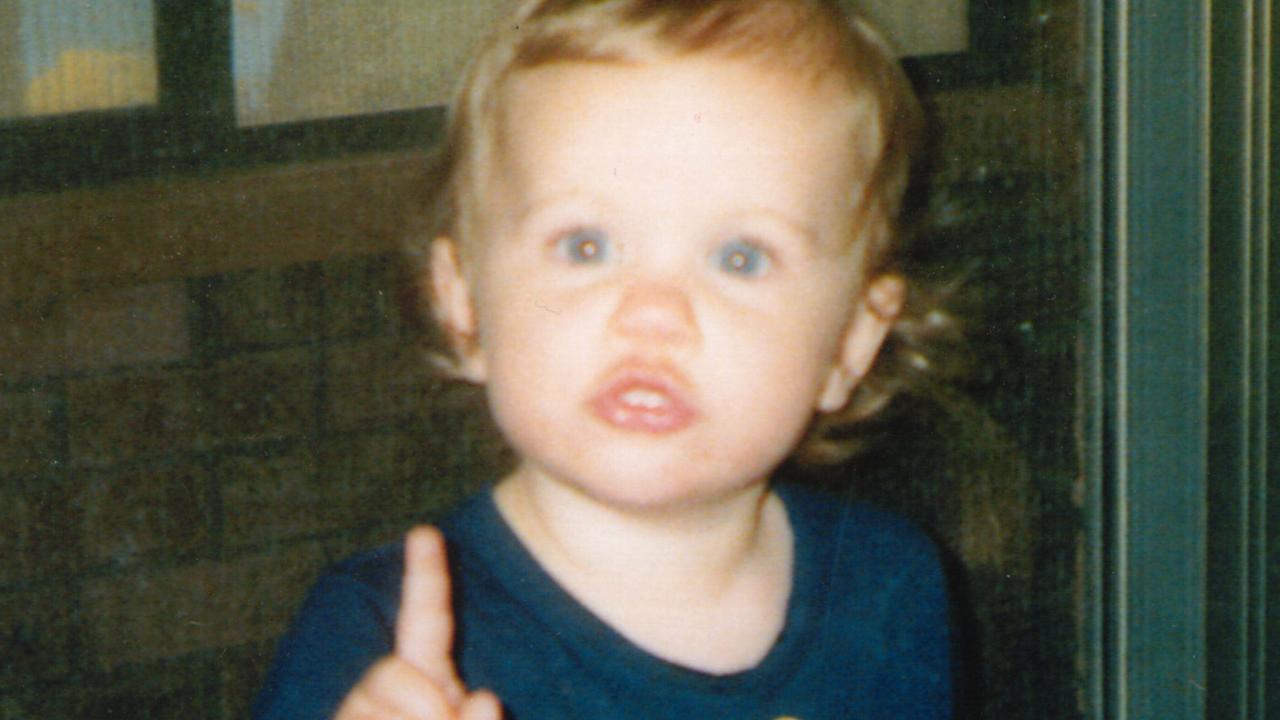
Ms Folbigg said while she was writing the diaries, she had a definite “obsession” with her appearance, which was exacerbated after losing three children.
“It was all an attempt by me to gain some control over myself and life, to gain the approval that I always chased,” she wrote.
“Finally asleep … meant as I’ve written it – finally asleep after many hours of restlessness; nothing sinister in it at all.”
She explained how the use of the phrase “black moods” in her diary entries defined the depressive state she was in, rather than a description of “evil or nasty or murderous”.

However, in the letters to her friend, Ms Folbigg explained that she was being “spiritual”.
She said she had exaggerated her thoughts about the “warning”.
“I still had weird thoughts stuck in my head about any possible reason why she would have left me, I grasped at anything,” Ms Folbigg wrote to her friend.
“If it wasn’t physical, medical, genetic – what was it?
“I thought I was to blame, I blamed myself. I was her mother after all, I convinced myself that I had failed as a mother, a woman even.”
Coming to terms with her fate
In one letter, Ms Folbigg defended a diary entry where she said she was her “father’s daughter”.
Thomas John “Taffy” Britton in 1969 murdered Ms Folbigg’s mother, Kathleen May Donovan, when their daughter was just 18 months old.
Ms Folbigg was placed into the care of the state and later adopted her new name through the system.
She wrote to Ms Chapman that her reference to being her “father’s daughter” was reflective of how she felt about the man.
“I wasn’t referring to him being a murderer – I was referring to my opinion of the man,” Ms Folbigg wrote in a 2005 letter.
“Considering how I felt about myself, does anyone blame me for thinking he’d cursed me?”
In the early letters, Ms Folbigg described how she was attempting to “keep depression at bay” during her time in prison and compared the lack of sleep to having children.
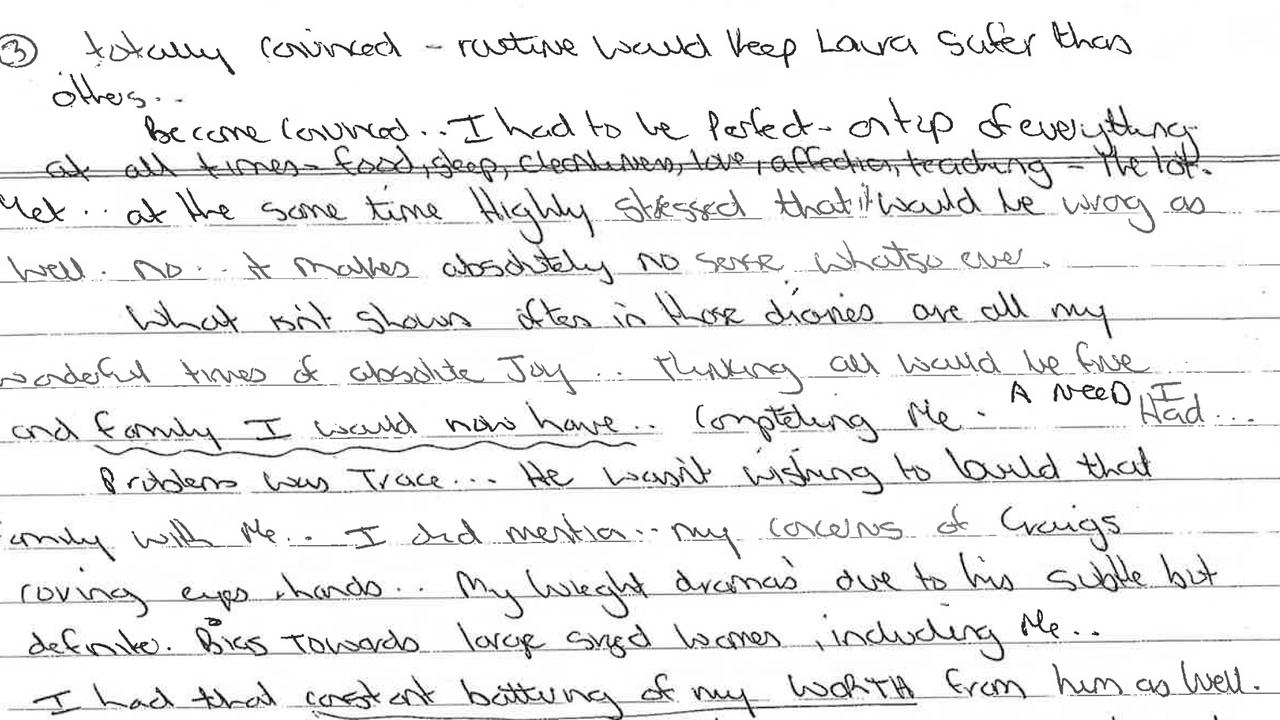
“I thought I had lack of sleep with the kids. That’s nothin compared to in here,” Ms Folbigg wrote.
“This place has turned into a psycho unit, nothin but screamin/yelling … so bad at times that I have unsavoury thoughts about the noisemakers – so not like me – ha!”
Ms Folbigg said the lack of sleep was a “test” of her sanity and control and to “give her kids any day after this experience”.
Ms Folbigg wrote about how she felt “tortured” with her heart “smashed”.
She explained how she had always suffered from depression and used the diaries as her dumping ground and venting board.
“I had been told to do it years before by a grief counsellor … lovely advice that was, wasn’t it?” Ms Folbigg wrote.
Bid for freedom
In one of the letters penned in 2005, Ms Folbigg reacted to her appeal where her non-parole period was shortened by five years.
“I don’t reckon they even really considered anything … such a ‘just’ legal system that we have in this country,” she wrote.
“I cried, I’m sure others did too, while ever my name is attached to words like ‘serial killer’ I have no hope of ever being heard fairly otherwise.”
Ms Folbigg has always rejected the idea she killed or harmed her children.
This is the second inquiry into her convictions after former NSW District Court chief judge Reginald Blanchin upheld the decisions in 2019.
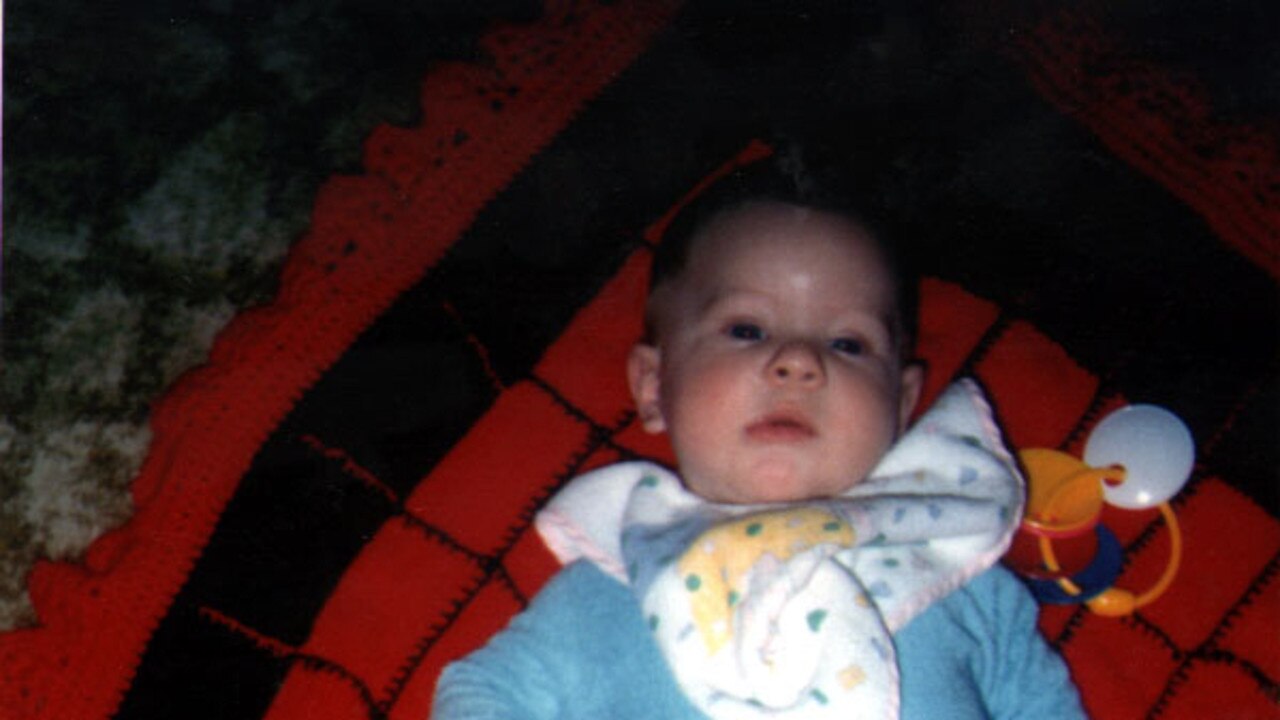
He had rejected evidence that suggested she was innocent.
The first inquiry was launched following a petition by ZMs Folbigg’s legal representatives who raised doubt over the evidence used to convict her.
But after reviewing the 2019 inquiry results, Mr Blanchin did not have “any reasonable doubt” as to Ms Folbigg’s guilt.
The latest inquiry was ordered by NSW Governor Margaret Beazley in May 2022 after a group of scientists petitioned following the new evidence.
Mr Bathurst heard evidence from multiple witnesses in February.
In a memorandum outlining his findings, Mr Bathurst stated he had reached a “firm view that there was reasonable doubt as to the guilt of Ms Folbigg for each of the offences for which she was originally tried.”






